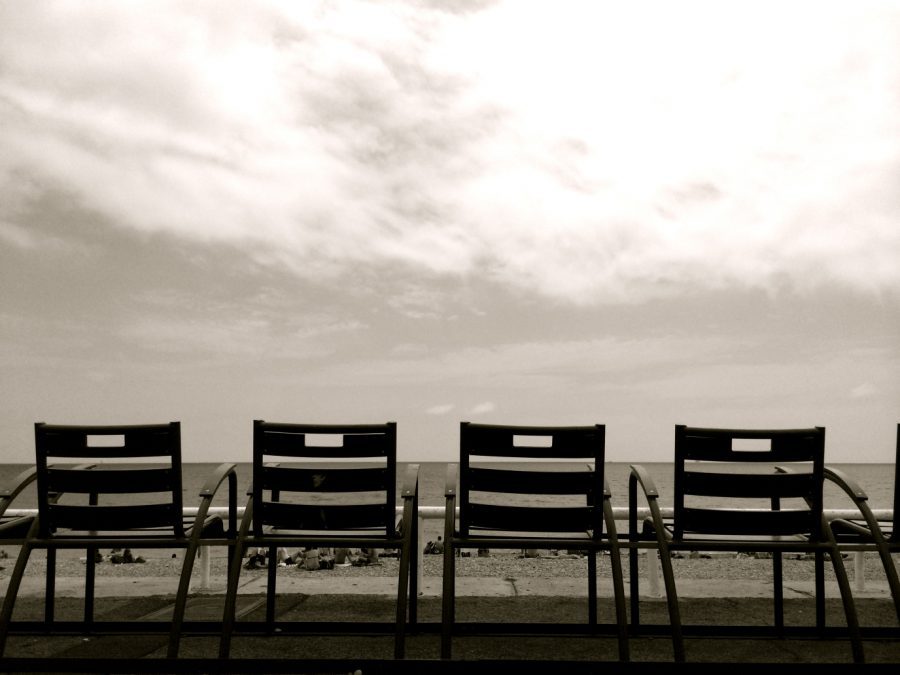
Muslim and Tunisian: A South African Meets Fered on Promenade des Anglais
“The Côte d’Azur is a mysterious place,” says Fered. “We cannot even begin to understand this.” Fered and my paths have just crossed, here on the Promenade des Anglais in Nice; it’s Friday, 22 July, days after the unspeakable truck attack that left 84 people dead and over 300 injured. I am not too sure […]
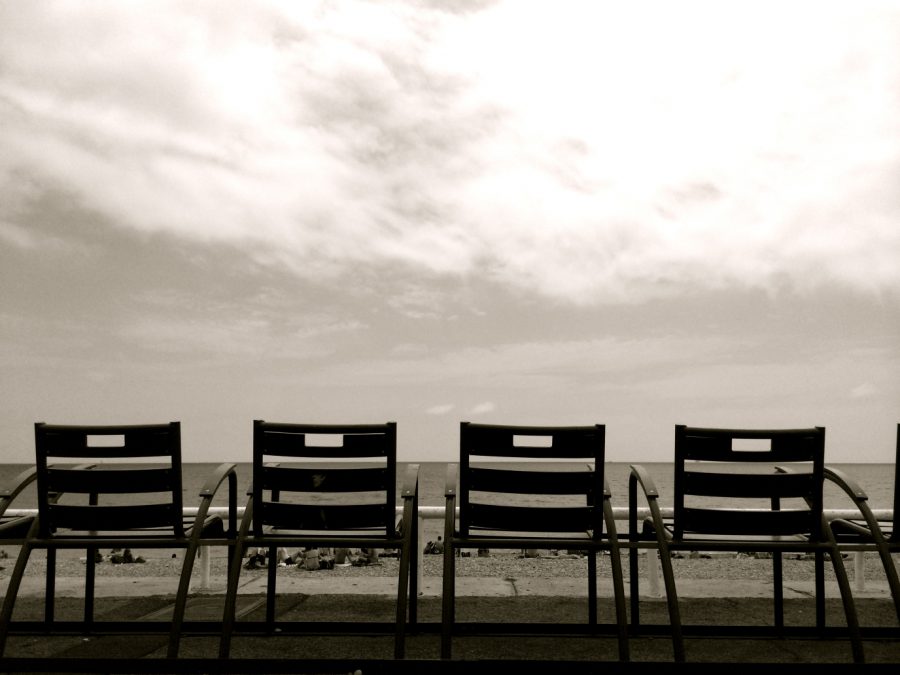
“The Côte d’Azur is a mysterious place,” says Fered. “We cannot even begin to understand this.”
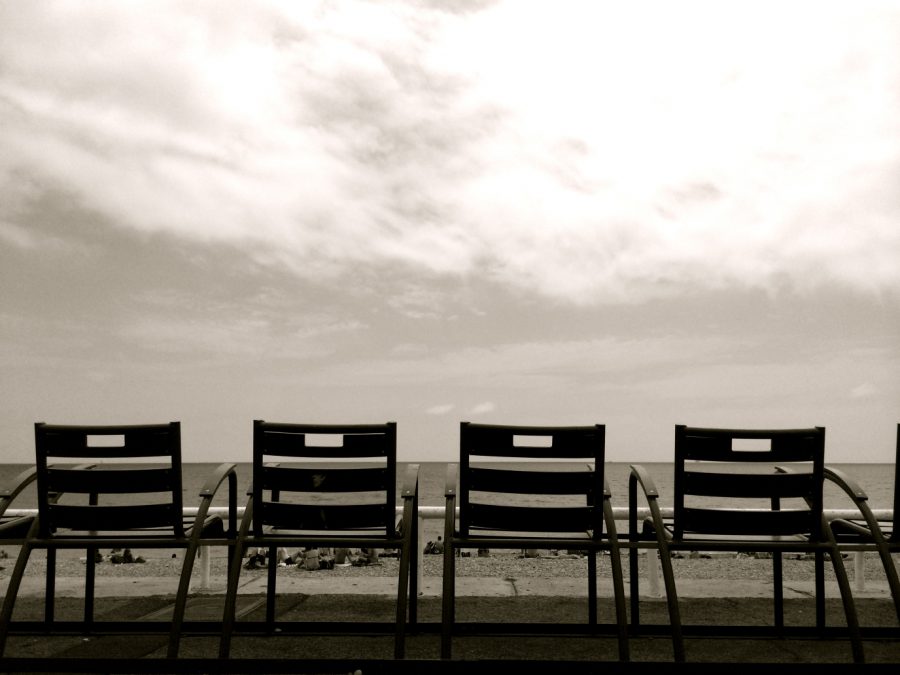
Fered and my paths have just crossed, here on the Promenade des Anglais in Nice; it’s Friday, 22 July, days after the unspeakable truck attack that left 84 people dead and over 300 injured.
I am not too sure what I have come to find here today; closure or understanding, perhaps a sense of hope. But the air here feels too heavy to breathe, it has that sticky, mid-summer humidity about it but heavier, and darker…
…A city trying desperately to return to normal. But it’s too soon. This place will never be the same again.
Today, time moves slowly in Nice. Traffic moves slowly, people walk bewilderedly through this once vibrant beach front. It is as if the world here is underwater, mutely moving through daily life. Velo Bleu bicycles are unused and blue beach seats stand empty.
It is the children I do not understand. I am an old man, I have lived. Mehdi was only a child when he died.
Fered must have seen my tears when he decides to introduce himself. He speaks to me first, in French. But I am upset, and I reply in English. We learn we’re from the same continent, and this connects us.
Fered is a Tunisian-born, Nice local. He speaks six languages, including Arabic, French and Russian but concludes ‘German is by far the hardest’. He apologises for his English today but says it is ‘difficult to find the words’ after such a tragedy.
He’s brought his swimming towel with him to the Promenade; he opens his backpack and shows me a half-full, 2L water bottle and some bathing gear. But today he is too sad to swim. Like me, he is also walking aimlessly along the Promenade, trying to pick up the pieces of Nice’s broken nightmare.
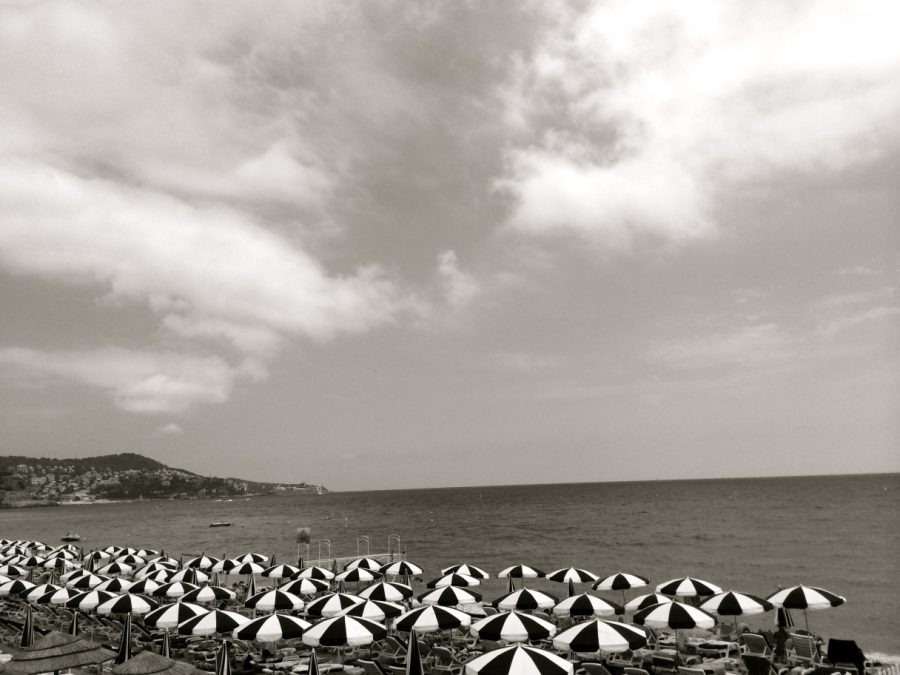
Fered is Franco-Tunisian, just as the 31-year-old man who was behind the wheel of the 19-tonne killer truck. But to compare the two men would be a severe error in human judgement. Fered has a lively, brown glint in his eyes, the kind of eyes that speak only of warmth and kindness. A man among men, a man of great compassion and gentleness.
He’s 56-years-old he tells me, and he works at a hotel near Gare de Nice Ville [the train station]. Before that, he was an entertainer in Tunisia, where he met his French wife. “Women are like flowers of the life,” he says with a twinkle in his smile.
I later learn that his wife passed away many years ago in Paris from a brain aneurysm. He says marriage taught him about faith, him Muslim and her Catholic: “To me, when it is good, I believe. When it is bad, I do not believe. But I believe in people,” he reflects.
At least 30 people who died that night were Muslim.
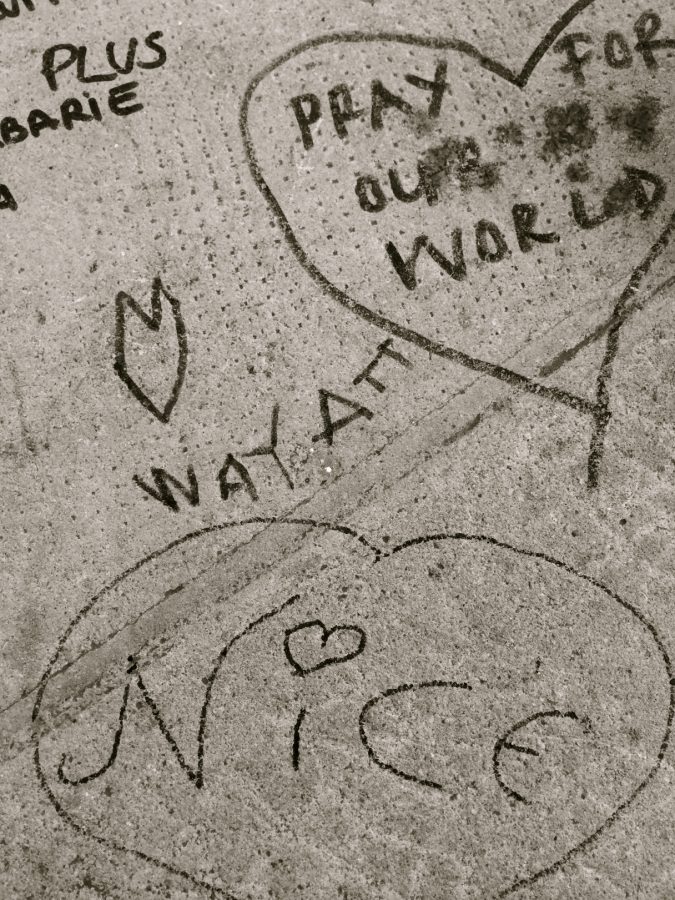
Fered and I walk together, reading messages from survivors, friends and mourners, hundreds of piled up flowers, burnt-out candles and teddy bears.
“It is the children I do not understand,” says Fered. He points at a pink and green soccer ball, with the words ‘Mehdi on t’aime’ written on it. Mehdi we love you.
“I am an old man, I have lived. Mehdi was only a child when he died.”
The truck demolished 2km of Promenade des Anglais, from the Lenval Children’s Hospital, halting outside the Palais de la Méditerranée hotel. Not only is this city dealing with death, it is re-living its trauma every single day, as families and young children remember the sounds and images from that night, haunting the Promenade that still stands firm. The Promenade remains there, to walk on, to reflect, to know where dead bodies lay that night, the pebbles of the beach absorbed with terror.
At one point, Fered holds my hand to cross the street. A fatherly gesture that comforts me in my sadness and confusion. I cannot but pray French society will see this man as a good man, without the loaded labels of ‘Tunisian’ or ‘Muslim’.
If people understand what is love, there will be peace everywhere.
We come across a Swedish couple. They are glazed-over, like birds flown into a window, catching their breath. They gasp for words and logic as they explain they were on the Promenade on the night of the attack. They saw the truck, they saw the gleeful face of the driver.
The wife repeats over-and-over, “We are just lucky to be alive. We are just lucky to be alive…”
Fered intervenes; he’s been here everyday this week, he knows when people need support.
We walk them to the Centre Universitaire Méditerranéen, a conference venue turned into a base for counselling and assistance for traumatised survivors.
The man at the gate is French, he wears an official, orange bib with a name tag around his neck. His face is weathered. Fered talks with him in French. The man starts to cry. He strikes me as a man who’s not cried much before this — the attack has touched him, and he must cry.
The Swedish couple talk with an American counsellor. She takes them inside the building. They are too traumatised to say goodbye to us.
A mom and her daughter arrive, holding hands. The daughter can’t be older than ten. She’s visibly frightened. An older lady walks up to the gate, she does not say a single word.
More than one week on, and Nice is still weeping, her emotional wounds barely healed, her scars a long way from peace…
“If people understand what is love,” says Fered, “There will be peace everywhere.”
—
* Thank you Fered for your kindness and love. As a matter of privacy, no photos of Fered will be shown on this blog post.
Please view the original post here, and visit TheSwedishAfrican blog for more similar posts. Read more about Bianca below.